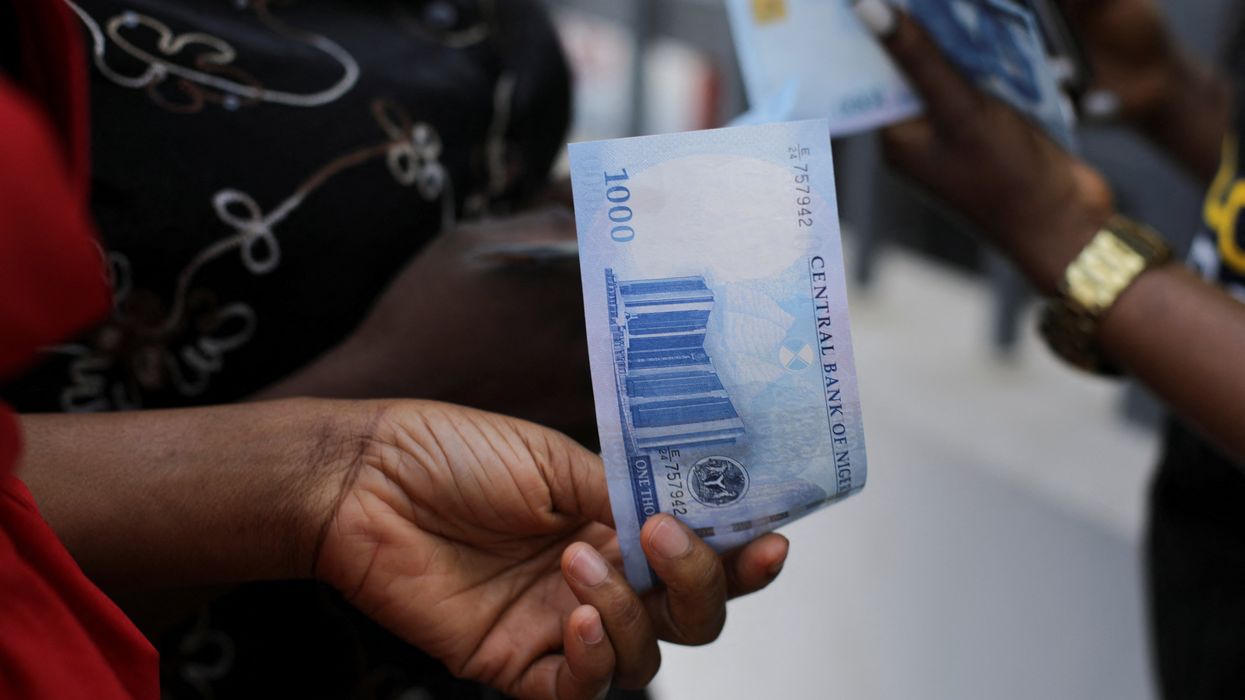News
What We’re Watching: Nigeria’s dwindling cash/patience, Bolsonaro’s next move, China's diplomatic European tour, Armenia’s olive branch
Nigeria’s currency crisis; Bolsonaro plans to return home; Beijing’s balancing act; Armenia offers Azerbaijan a peace plan project
Feb 16, 2023



